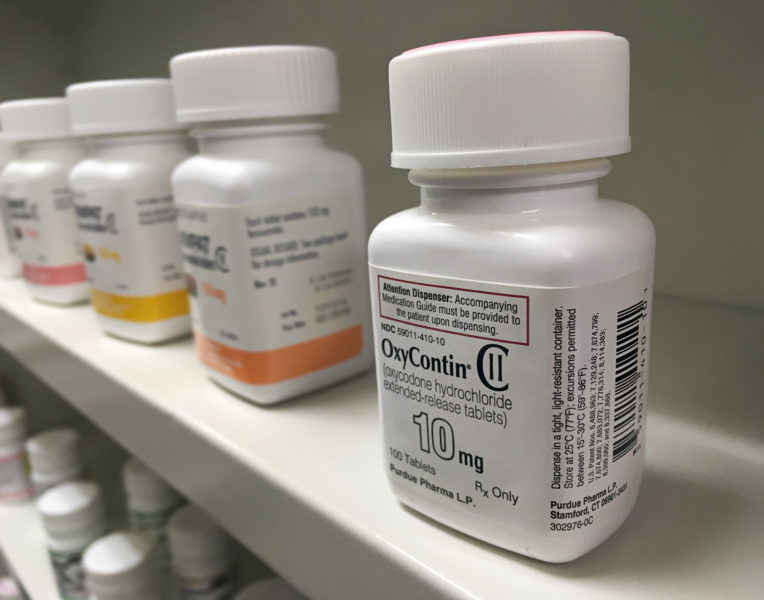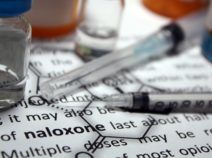Harm Reduction Legal Project Resources
Communities across the United States are struggling with an epidemic of drug-related harm. Harm reduction programs can be critical to saving lives, but are often hindered by laws and policies that reflect an outdated, punitive-focused approach to drugs and individuals who use them. The Harm Reduction Legal Project addresses legal and policy barriers that hamper the establishment and scale-up of evidence-based harm reduction measures.

Resources

Legality of Syringe Services Programs in Maryland
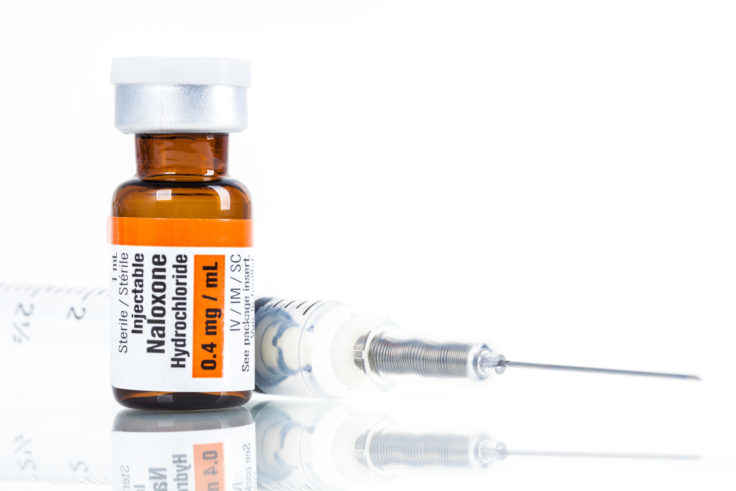
Legal Interventions to Reduce Overdose Mortality: Naloxone Access Laws

Naloxone Prescription Mandates
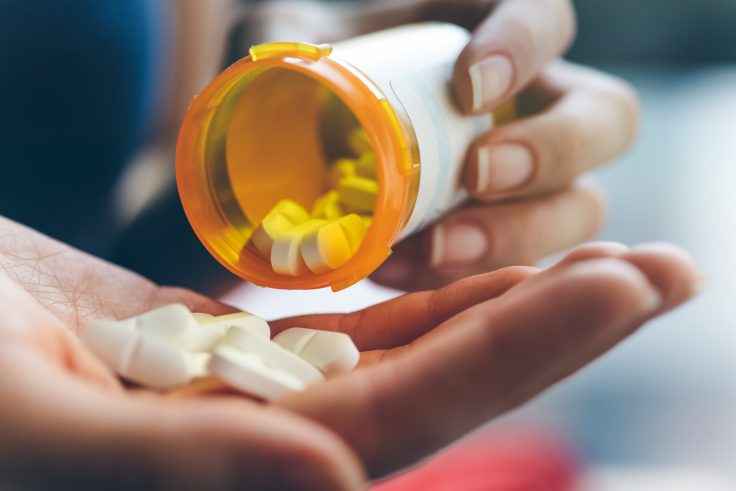
Legal Interventions to Reduce Overdose Mortality: Overdose Good Samaritan Laws

Legality of Drug Checking Equipment in the United States
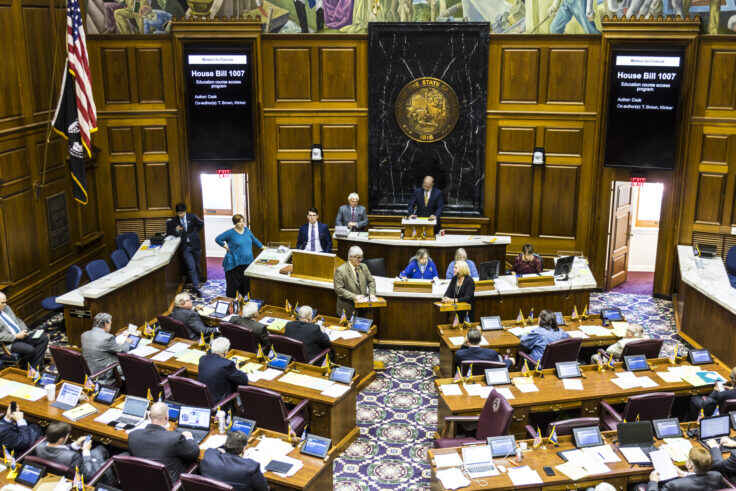
Supplantation in the Context of Opioid Settlement Funds
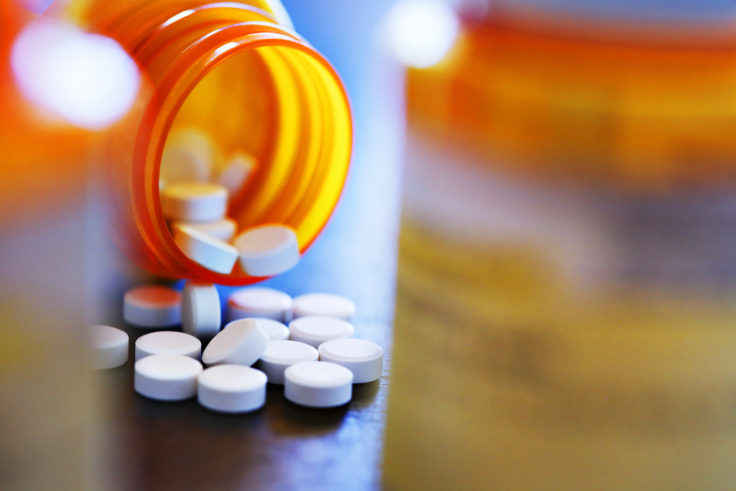
Characteristics of Statewide Naloxone Distribution Mechanisms

Harm Reduction Laws in the United States
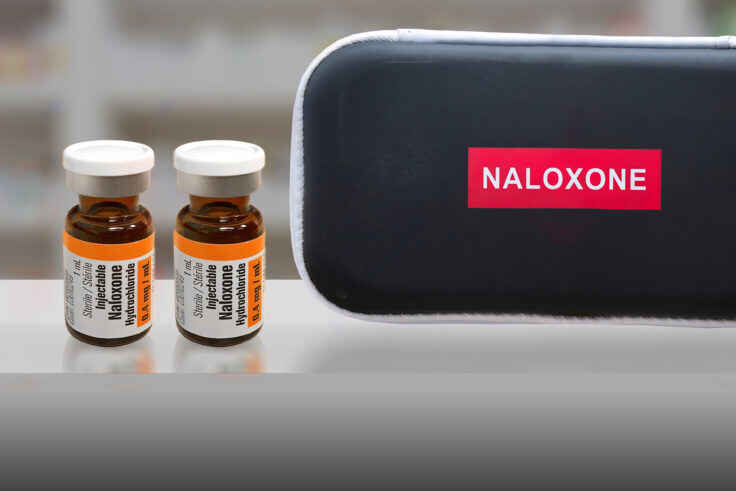
Harm Reduction Laws in the United States – 2024 Update

State Non-Fatal Overdose Reporting Requirements

Naloxone Insurance Coverage Mandates
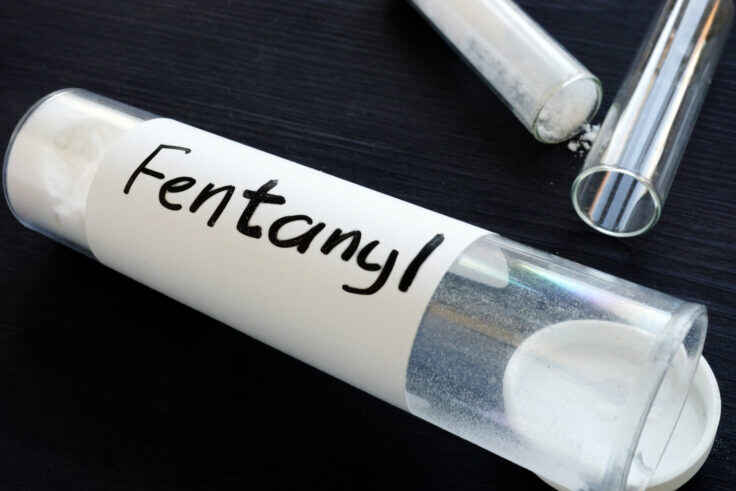
Evidence for Fentanyl Test Strips
Explore more sub-topics related to Substance Use Prevention and Harm Reduction
Spotlight
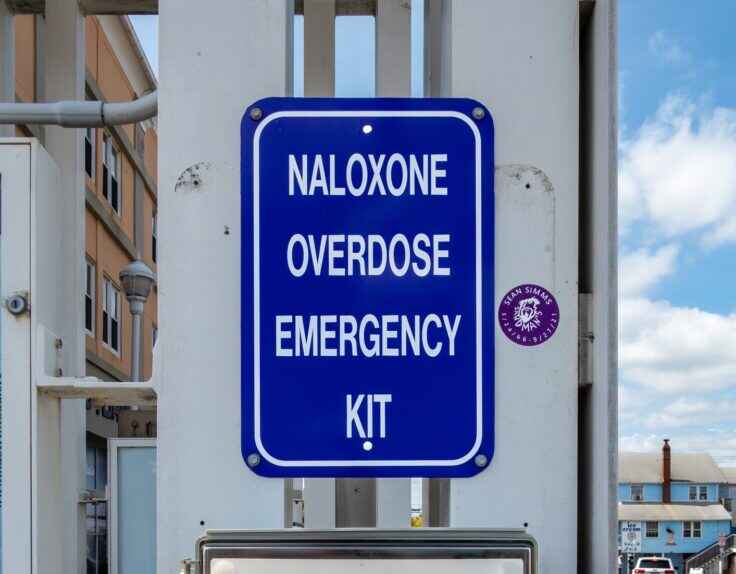
The Year in Harm Reduction Law: 2024 Wrap-up

Racism in Local Drug Paraphernalia Laws: An Argument for Repeal

Harm Reduction Policies for Perinatal Substance Use Instead of Criminalization: Better Outcomes for Families
Learn More
Harm Reduction Legal Project
The United States remains in the grip of an unprecedented epidemic of drug-related harm. In 2017, over 70,000 Americans were killed by drug overdose, surpassing the number lost at the height of the HIV/AIDS crisis. Infections related to use of shared syringes have increased alongside the surge in opioid overdose deaths, with several states experiencing recent injection-related HIV outbreaks. Hepatitis C infections, which overwhelmingly result from use of shared syringes, have increased every year for more than a decade. Simultaneously, injection-related endocarditis has been increasing nationwide. Many of these deaths and infections are preventable via increased access to evidence-based harm reduction measures such as naloxone distribution, syringe access programs, and access to evidence-based substance use disorder treatment. Yet due to lack of understanding and stigma related to substance use disorder, many harm reduction services are often hindered by laws and policies that reflect an outdated, punitive-focused approach to drugs and individuals who use them.
The Network’s Harm Reduction Legal Project provides guidance and consultation to governmental and nongovernmental organizations as well as impacted individuals to assist them in navigating the often extremely confusing maze of existing laws and regulations that hamper harm reduction initiatives.
The Project also provides non-partisan, evidence-based publications and training regarding the state of laws impacting individuals who use drugs, individuals in recovery, and their communities, as well as research regarding the impact of those laws.
Explore Topics
Related Healthy Living Resources
How we can help
Legal Research and Assistance
Experienced legal experts are available to answer questions and provide research, analysis and guidance. Tell us what you’re working on. We’re ready to help.

